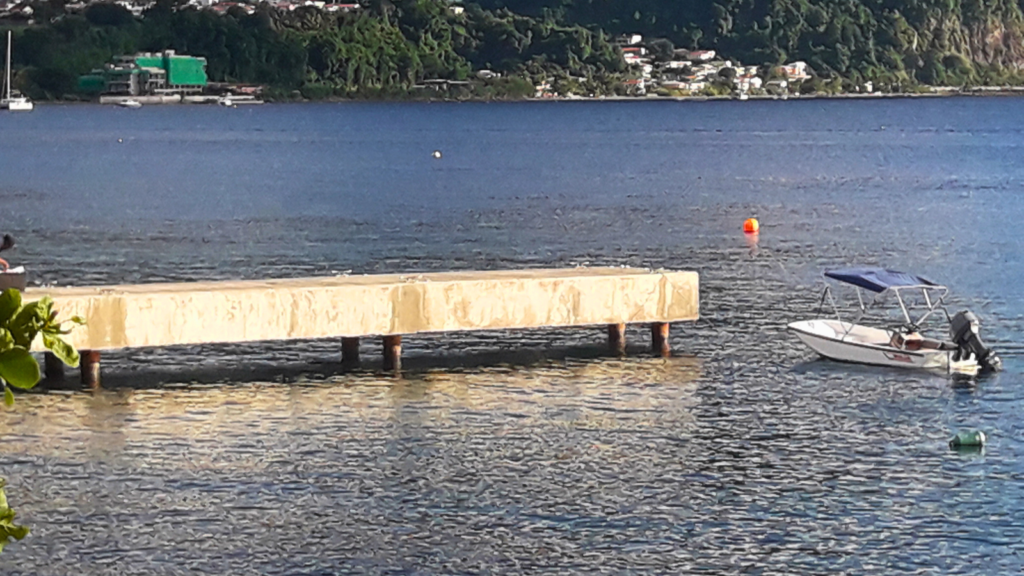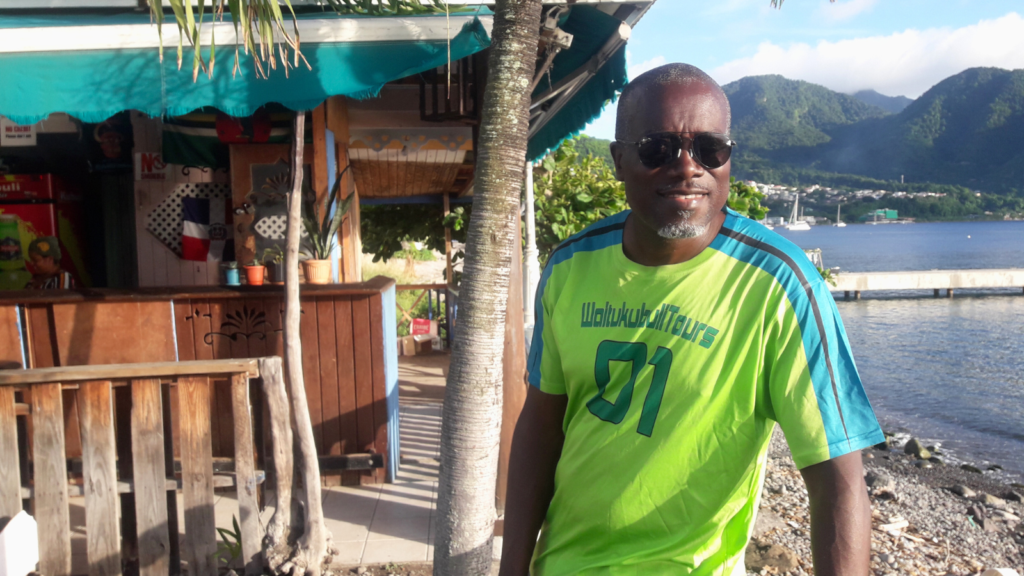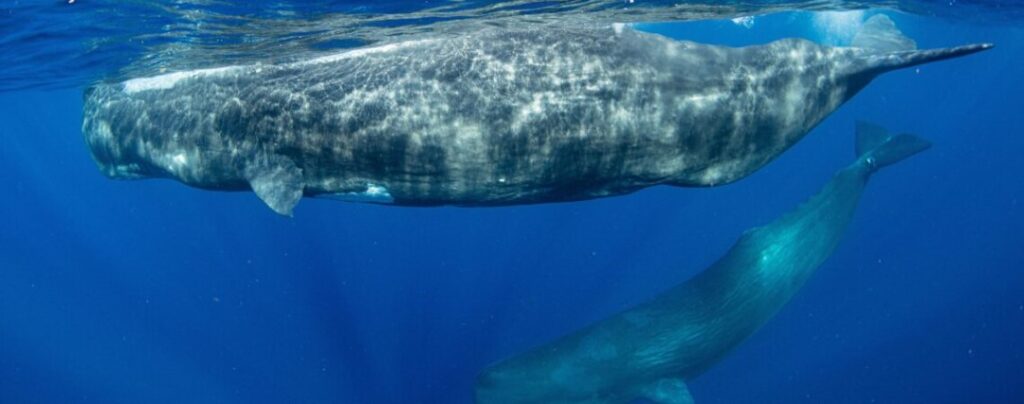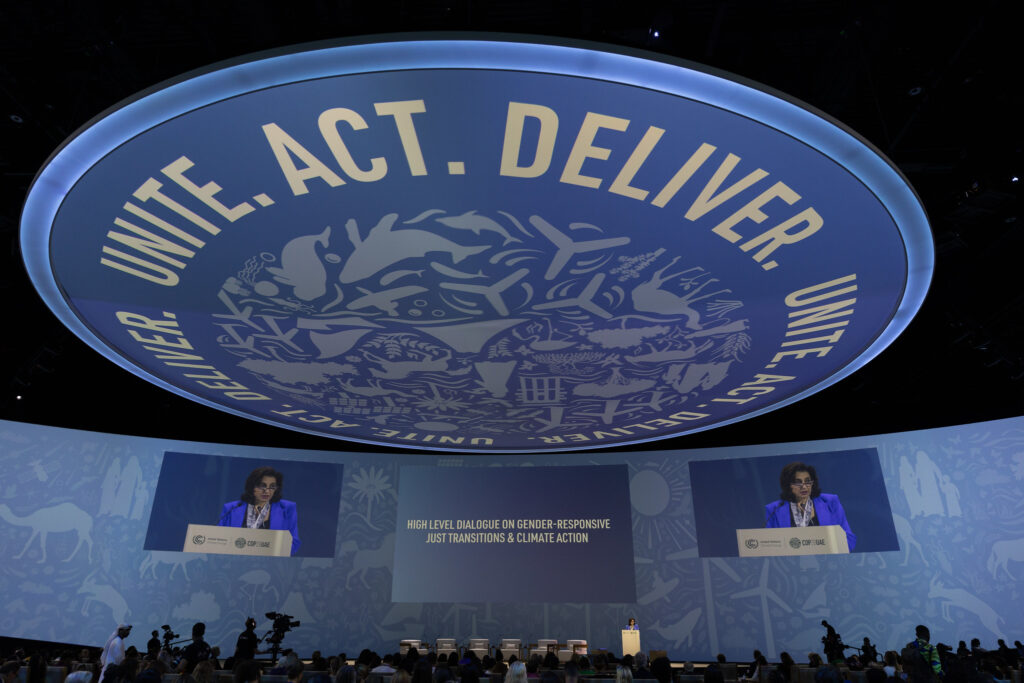The nature-filled island of Dominica is leading the way by creating the first-ever marine protected area for the endangered sperm whale.
Covering 788 square kilometres on the western side of the island, these waters in Dominica play a crucial role as feeding and nursing grounds for majestic marine animals. Prime Minister Roosevelt Skerrit announced on November 13th, 2023, at the State House Conference Center.
“We want to ensure these majestic and highly intelligent animals are safe from harm and continue keeping our waters and our climate healthy,” PM Skerrit said in a statement.
Despite contributing minimally to CO2 emissions and the greenhouse gas effect, Dominica continues to experience the adverse impacts of rising global temperatures and human-induced climate change.
While sperm whales are often considered among the more resilient species in the face of climate change, the National Marine Fisheries Service (NOAA Fisheries) in the USA warns that the rapid rise in global temperatures will exert a notable influence on all marine ecosystems. This, in turn, is expected to introduce changes in oceanography and climate, which could have consequential effects on the migration, breeding, and feeding locations of these whales.

Industrialised countries need to phase out fossil fuels.
Hubert J. Winston, owner and manager of the Dominica Marine Center, emphasized the imperative for leaders in industrialized countries to recognize the extensive harm inflicted on the lives and economies of Caribbean nations due to their excessive reliance on fossil fuels and the resultant high levels of greenhouse gas emissions. Winston passionately asserts, “The world needs to do better!”
Meanwhile, United Nations Secretary-General Antonio Guterres expressed deep concern over the current state of global climate conditions during his speech at COP28 in Dubai. Guterres emphasised that 2023 stands out as the hottest year ever recorded in human history.
“Sea levels have reached record highs, and the rise is accelerating. Sea surface temperatures have reached a record high, and sea ice levels in Antarctica have hit a record low. Swiss glaciers have lost 10% of their volume in the past two years. I have just come back from Nepal, where I was shocked at the speed of receding glaciers and the dramatic consequences. We are living through climate collapse in real-time – and the impact is devastating.”
According to the UCAR Center for Science Education, world leaders can reduce GHG emissions by shifting to alternative technologies that don’t rely on fossil fuel products; for example, the use of bicycles, electric cars, and hybrid cars would reduce GHG emissions by an estimated 14% globally.

Dominica’s parliament to pass legislation to protect Sperm Whales
During a press conference held on November 13, 2023, the Chief Executive Officer of the Climate Resilience Execution Agency of Dominica (CREAD), Francine Baron, explained that the legislation will allow for a dedicated sperm whale reserve office. The office would be led by a senior whale officer with the help of rangers. The law would allow for a comprehensive management plan that would outline specific protocols for navigation within the reserve area.
“This is not expected to affect small boats. It is expected, perhaps, to only restrict boats of the size of about 60 feet, and the intention is to create an area that will provide or reduce the likelihood of the sperm whales being hit by a ship,” Baron stated.
She also said that many fishermen have had their Fish Abrogating Devices (FADs) dislodged when bigger vessels entered the country’s waters in the past. According to Baron, this will “reduce the likelihood of their FADs being destroyed by those ships as well.”

Sperm whales aid in the fight against climate change
According to Green Network Asia, sperm whales offer a significant opportunity for carbon sink. Their nutrient-rich faeces encourage phytoplankton blooms, which capture carbon dioxide from seawater. In essence, the more whales in the ocean, the more they assist in mitigating climate change.
This is a fact supported by Pristine Seas founder, Dr. Enric Sala. According to Dr. Sala’s estimates, Dominican sperm whales could trap 4200 metric tonnes of carbon every year.
Winston adds that these majestic creatures are doing their part to conserve the marine ecosystem and calls on Dominicans and visitors to ensure their garbage is disposed of appropriately on land, as these can also affect the quality of health of the Sperm Whales.

Why is the COP28 Global Stocktake important?
The decisions made at this year’s COP28 could lead to the reduction of GHG emissions that experts like Winston, Moehner, Sala, Guterres, and Baron are looking forward to. One of the most welcomed initiatives from the global scientific community is the Global Stocktake.
The global stocktake is an inventory that assesses the global progress towards mitigating global warming by signatories to the 2015 Paris Agreement. It was established under Article 14 of the Paris Agreement.
In an address to the media, UN Climate Change expert Anette Moehner said, “We will take stock of not only how far we have come but also where we need to go in terms of what we can do to enhance our joint action.”
Because of reports like the global stocktake, big polluter countries, corporations, and entities are expected to be held accountable for their actions. They are further encouraged to meet their Nationally Determined Contributions and emission targets.
Post-COP28, the future of Dominica’s sperm whales may just be bright, engulfed in the rich abundance of a healthy marine ecosystem. This will only be possible if the leaders of industrialised countries and corporations at COP28 can keep true to their pledges to reduce GHG emissions and transform their energy industries into renewable energy alternatives soon.